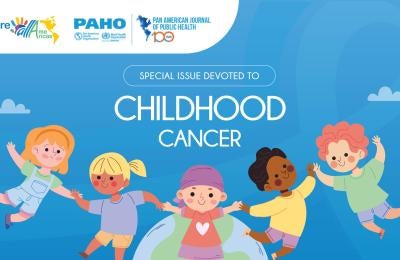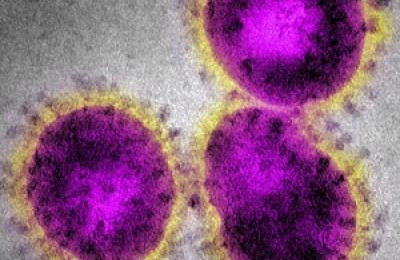A COVID-19 opportunity: Applying a systems approach to food security and noncommunicable diseases
[Extract] Small Island Developing States (SIDS) are highly dependent on food imports from larger nations, with the Caribbean Community (CARICOM) and Pacific islands combined importing almost $5 billion in food in 2018, and more than half of SIDS countries importing more than 80% of their food, much of it nutritionally poor and highly processed (1). This has been an important driver of high levels of obesity (>30% of adults), food insecurity, and noncommunicable diseases (NCDs) (between 10-30% of adults) in these countries (2).














